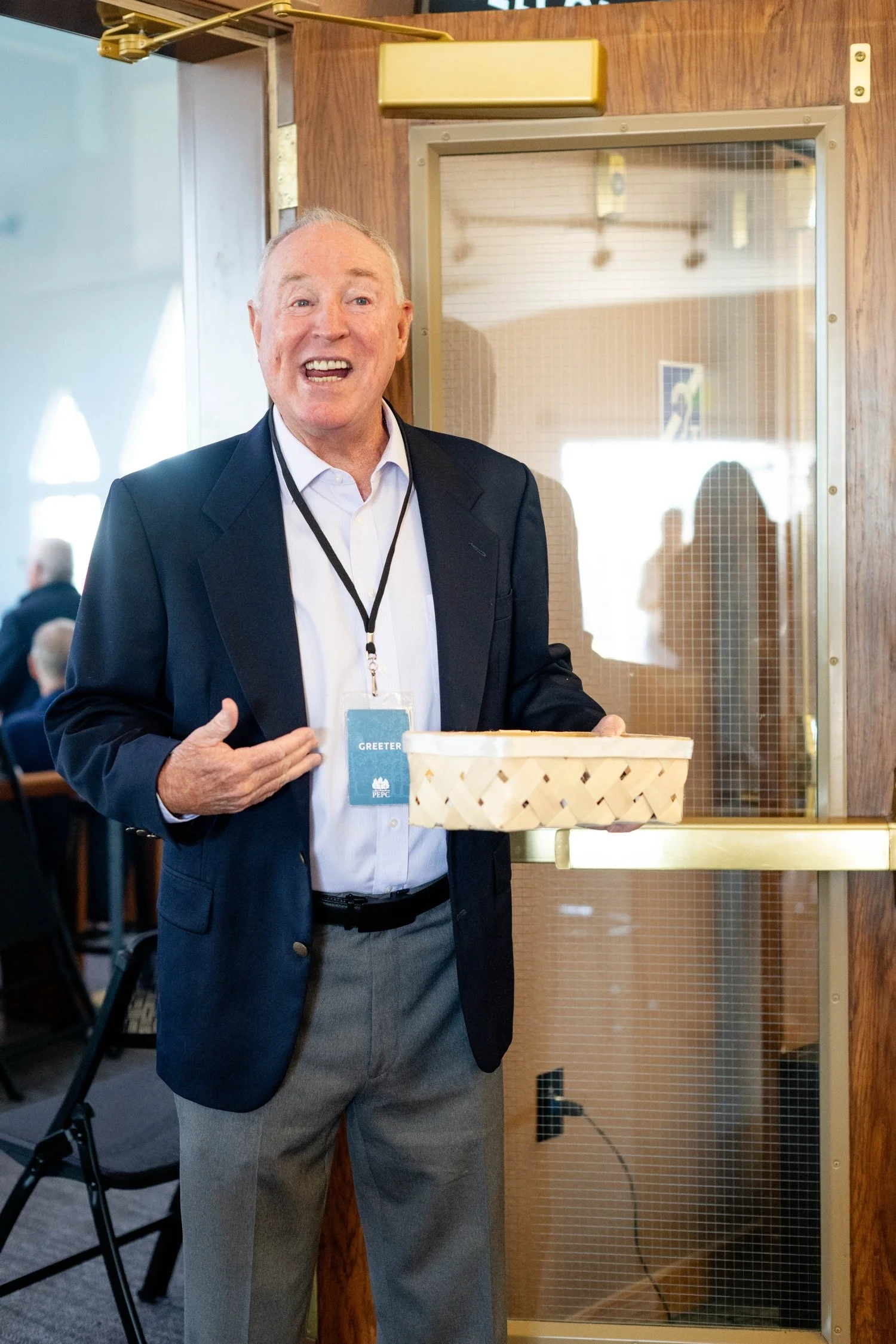Readings for today: Acts 9-10, Psalms 123
I had a conversation with a friend recently who asked me about the work I do in Africa. After sharing with them all the incredible things God was doing in some of the hardest to reach places on earth, he asked me, “But isn’t it dangerous?” “Yes”, I replied. “But God never promised me I would be safe serving Him.” It may sound like I’m being a bit flippant but I’m not. I’ve been to some dangerous places. I’ve worked with men and women who are persecuted, imprisoned, beaten, tortured, and even killed for the cause of the gospel. The last time I was in Ethiopia, we were in an area where we were the only Westerners. Everyone else had pulled out of the region due to the conflict in the area, including the UN. I don’t say this to brag but to simply illustrate the fact that sometimes God calls us to do hard things, even dangerous things for Him.
If you don’t believe me, consider the situation Ananias found himself in. He’s a disciple of Jesus living in Damascus probably minding his own business. He’s not a pastor. He’s not an apostle. There’s nothing in the text that suggests he’s even a leader in the church. He’s just an ordinary guy who is called to an extraordinary task. He is to go and meet Saul and pray for him to be healed. Saul? The church’s greatest enemy? The man who is pursuing and imprisoning and murdering Christians all over the Roman Empire? This is the man Ananias is called by God to go and meet? And not only to meet him but to lay hands on him and pray for him? Can you imagine the courage this would take? Imagine the conviction Ananias must have felt from the Holy Spirit. Imagine the fear he had to overcome. And yet he still went. There doesn’t seem to be any hesitation in his heart. Once the Lord had spoken to Ananias and shared with him the purpose behind God’s call, Ananias went. He obeyed. He laid hands on Saul. He prayed for Saul to not only receive back his sight but be filled with the Holy Spirit. And Saul’s life was never the same.
I wonder how many times Saul - who became Paul soon after this event - looked back on that day. How many times did Saul thank God for sending Ananias into his life? How many times did Saul pause in the midst of all his missionary journeys to reflect on how his ministry began? I know as I look back in my own life I marvel at the ways God used different people to not only bring me to saving faith but encourage me to become a pastor. I am blessed by so many men and women who invested in my life along the way. Yes, I wasn’t a persecutor of the faith like Saul was but I was resistant and rebellious in so many other ways. All of us not only need an “Ananias” in our lives but we need to be an “Ananias” to others as well. They may be people whom you love and live with or among. They may be people you work with or attend class alongside. They may be people on the other side of the political or social or cultural aisle. They may even be people who otherwise would be your enemy. I think back to my friends in the Horn of Africa. So many of them sacrifice their lives to reach people of a different tribe. They reach across all kinds of cultural and ethnic boundaries to proclaim the gospel to those whom God loves. Many of these tribes have been at war for generations and yet these men and women seek to intentionally reach their enemies with the good news. It’s a powerful testimony to what God can do when we make ourselves available to Him.
Readings for tomorrow: Acts 11-12, Psalms 124




